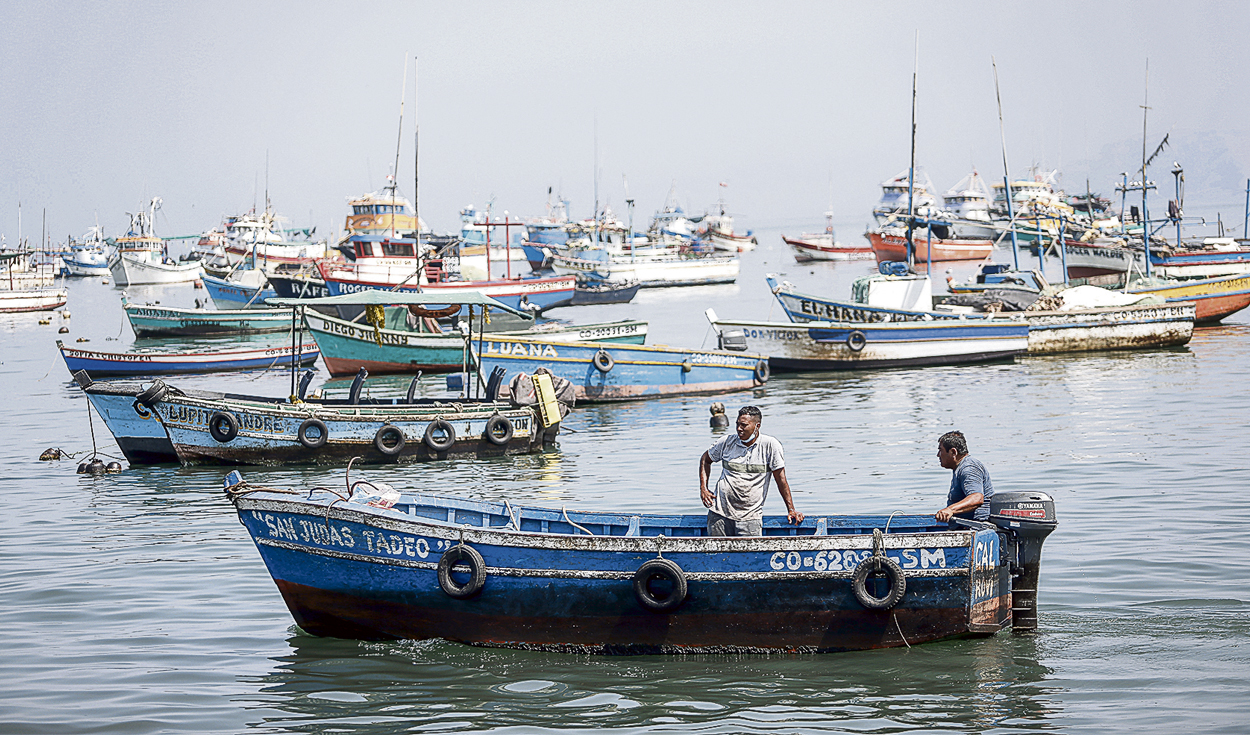
This Wednesday, March 29, the Plenary of the Congress of the republic approved, in the first vote, a proposal that contains a series of measures to modify the general fishing law, which has not been updated for more than 30 years. The proposal seeks to incorporate the category of overexploited resources, update the classification of artisanal and small-scale fishing, and order the first five nautical miles for its sustainable use. Next week his future will be defined.
“There are many gaps in the fishing regulation, because the fishing law approved 30 years ago does not define artisanal fishing or ancestral or traditional fishing, worse still, it does not distinguish between artisanal and small-scale fishing. This ends up harming artisanal fishermen, who are forced to compete with smaller-scale vessels, that exceed up to six times their storage capacity“, said Norma Yarrow (Avanza País), during the debate.
The initiative, which brings together six bills, also states that, in accordance with the principle of reasonableness of the General Administrative Procedure Law, the benefit regimes for the payment of fines in the fishing and aquaculture sector may in no case be greater than 40% of the value of the corresponding fine. In this way, it is avoided to promote more “packages” such as the one approved by the Ministry of Production (Produce) in 2022, which reduced the fines for offenders by up to 90%, without any technical justification.
Congressman Jorge Morante (Popular Force) raised a previous question, noting that he was approving a reduction in fines that in his opinion responded “to some kind of agreement with some associations [de pescadores]”. According to Percy Grandez, SPDA Marine Governance legal advisor, this measure prevent further weakening of fishing control.
Although the previous question was rejected, lThe measure did not reach the necessary votes of the Plenary in the second voteespecially due to the votes against the congressmen of the Popular Force bench, which, as recalled, They promoted the repeal of the law that fights against organized crime dedicated to the illegal trafficking of wild flora and fauna, as well as the illegal extraction of aquatic species, although on that occasion they were not victorious.
Source: Larepublica
Alia is a professional author and journalist, working at 247 news agency. She writes on various topics from economy news to general interest pieces, providing readers with relevant and informative content. With years of experience, she brings a unique perspective and in-depth analysis to her work.











